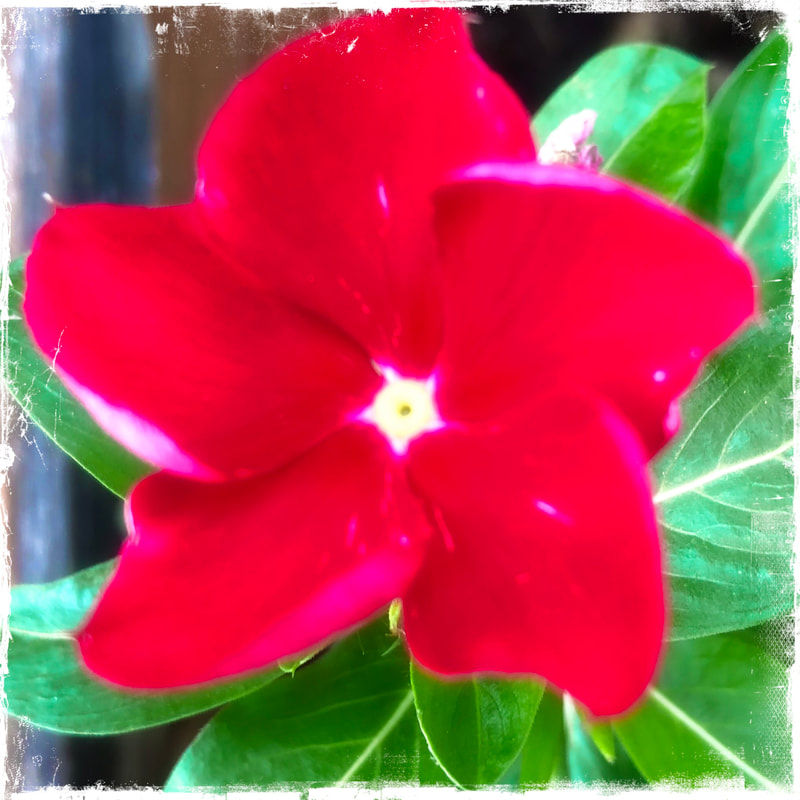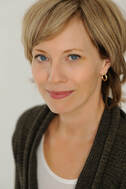ASSAY: A JOURNAL OF NONFICTION STUDIES
5.2
5.2
|
In my second year of university I took a job at an independently-owned bookstore. The place was called Reader’s Den, but there was nothing den-like about it. No mahogany, no oak, no crimson curtains, no whisper of sweet tobacco, no leather club chairs—no chairs of any description. Instead, the place boasted bright track lights, row upon row of cheap white melamine shelves, a long newsstand continually in need of restocking, and an enormous floor-to-ceiling plate glass window that jutted on an angle to the southwest. The window overlooked busy Bloor Street. Across the road loomed the Royal Conservatory of Music, and beside it, Philosopher’s Walk, a curving pathway to the campus shaded by horse chestnuts and maples. From the raised dais behind the cash, I could see its wrought-iron gates and the leaves on the old trees, lime green in spring, darker in the summer rains. I could see people come and go from the nearby shops and pubs and doctor’s offices—mothers tugging their children’s hands, lovers licking each other’s ice cream cones, tourists consulting their maps. I liked this vantage point. High enough to offer prospect, yet close enough to yield details. It gave me licence to stare.
Once in early June, I was standing at the cash gazing out that window, watching the white candles of the chestnuts blow themselves out on the ground when I heard a familiar voice. “You brat!” It was my eleventh grade English teacher, Ms. Abeles. She lived nearby; I knew, because once she had taken my entire class to a performance of Rosencrantz and Guildenstern are Dead. Afterwards, we’d gone back to her ground-floor flat for coffee. Perched on her low couches or crowded, cross-legged, on her kilim carpet, we’d analyzed the play while gawking at her high Victorian ceiling, her framed theatrical posters, her plants, her bentwood rocker, the objects on her fireplace mantel, the fireplace mantel itself—everything carefully chosen, everything deliberately arranged, everything advertising a woman of independence, and all of it evidence of an urban sophistication that none of us possessed and most of us envied. Finally, she led us all to the subway and from there to the commuter train that would take us home to the suburbs. The slumbering, insipid, suburbs. Now, she looked me up and down. “What are you doing here?” she said. We talked. I told her what I was studying and when I expected to graduate. She raised an eyebrow, as if to say that prognostications were all very well but she’d save her praise for when she saw the proof. Then she paid for her magazine and walked out into the late spring afternoon, her long, dark hair rippling in the breeze as she disappeared into the crowd. The “brat” remark stung. I thought I’d been a good student in that English class. Good in comparison to how I’d been in most of my other classes, that is. At least I’d done the reading. At least I’d participated in discussions. But it seemed Ms. Abeles saw things differently. Or else my actual performance had left a less lasting impression than my general reputation. I’d been wayward, wilful, irresponsible, and often truant as a teen. I was still most of those things.
|
[1] Samuel Johnson
[2] Edward Hoagland
[3] Cynthia Ozick
[4] Elizabeth Hardwick
[5] Virginia Woolf
[6] Jean Starobinski, as quoted by Brian Dillon, Essayism.
[7] Virginia Woolf
[8] Joseph Epstein
[9] Theodor Adorno, “The Essay as Form”.
[10] Elizabeth Hardwick
[11] Jean Starobinski, as quoted by Brian Dillon in Essayism
[12] Virginia Woolf, “The Modern Essay.”
[13] Oxford English Dictionary
|
|
Susan Olding is the author of Pathologies: A Life in Essays, longlisted for the RBC Taylor Prize, winner of the Creative Nonfiction Collective’s Readers’ Choice Award, and selected by 49th Shelf and Amazon.ca as one of 100 Canadian books to read in a lifetime. Her work has won a National Magazine Award and has appeared in The Bellingham Review, The L.A. Review of Books, Maisonneuve, The Malahat Review, The New Quarterly, and the Utne Reader, and in anthologies including Best Canadian Essays, 2016 and In Fine Form, 2nd Edition. She currently holds a Joseph-Armand Bombardier Doctoral Scholarship in Cultural Studies at Queen’s University. She lives in Vancouver.
|

